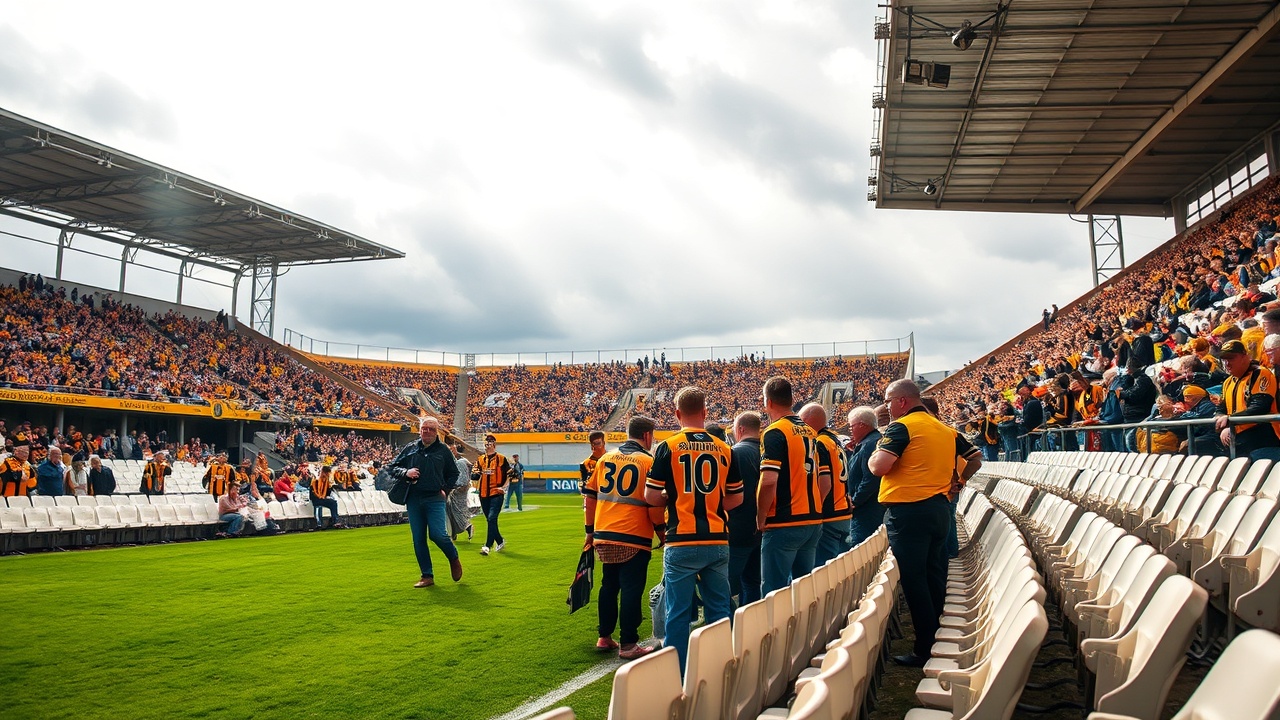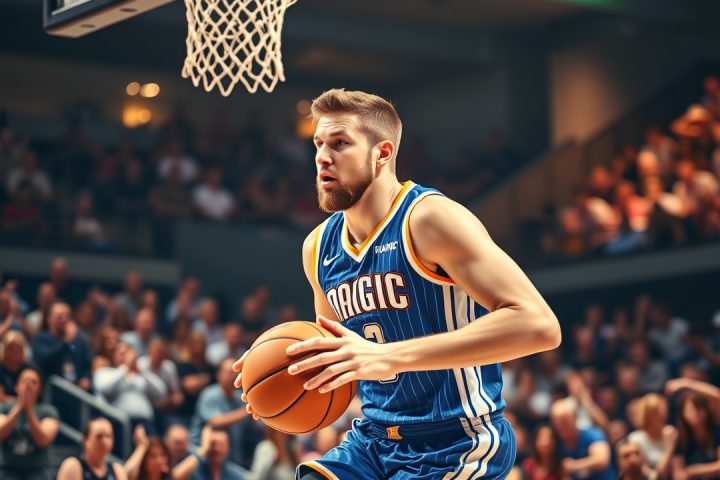Acun Ilicali Engages with Fans
Acun Ilicali, the owner of Hull City, made headlines recently on the final day of June as he engaged with fans at the MKM Stadium just after the club announced its new head coach, Sergej Jakirovic. In a lively Q&A session within the Kingston Suite, hundreds of supporters had the chance to voice their concerns and inquiries to Ilicali. Amidst the evening’s excitement, one particular response stood out, where Ilicali insisted the club was free of financial woes despite having opened the door for outside investment, a claim he seemed keen to clarify, as he stated that
“it is not like we have financial problems.”
Financial Challenges Arise
However, just days later, the English Football League (EFL) delivered a blow that cast doubt on this assertion. Hull City was alerted that they would face significant penalties due to their inability to keep up with transfer payments, which would bar the club from making any purchases until January 2027. In response, Hull moved swiftly to appeal against this decision, arguing that there were misunderstandings surrounding a £1 million payment owed to Aston Villa for player Louie Barry, whom the club loaned in January. Nevertheless, worries are mounting regarding Hull’s financial stability, especially ahead of a new Championship season set to begin soon.
Management and Financial Commitments
While Ilicali, a prominent figure in Turkish media, has demonstrated a flair for publicity during his three years at the helm of Hull City, his management has faced increasing scrutiny. His recent endeavors included providing fans with complimentary coach services for away matches and taking 30 supporters on a training camp journey to boost morale. Ilicali’s ambition for Hull is to restore the club’s top-flight status, last achieved in 2017. However, that ambition has led to substantial financial commitments, with Hull recently highlighting £21.8 million in future transfer obligations.
This financial pressure is compounded by past overspending on player acquisitions and managerial changes, with the club’s wage bill ballooning from £8.6 million in the 2021-22 season to £27.4 million in the last season, far exceeding revenues that were reported to be only £21.4 million. Mistakes from previous managerial decisions, including the firing of both Tim Walter and Ruben Selles during their stints as head coaches, further exacerbated these fiscal strains. Additionally, players’ wage increases due to new signings significantly burdened the club’s budget.
Consequences of Financial Mismanagement
One major misstep involved Hull’s financial dealings related to Louie Barry, which turned into a cautionary tale when the club failed to meet their obligations regarding his loan. This lapse led to an embargo that limited their transfer activities dramatically and raised questions about the club’s ability to manage its finances effectively. Just as Hull managed to lift one embargo, another quickly followed due to overdue payments related to a defender’s loan.
Concerns about cash flow have led to delays in player salaries, which is troubling, especially for a club whose management had previously assured fans of a strong financial standing. The reasons for these delays were attributed to administrative errors, but there are growing worries among stakeholders about how sustainable the club’s financial strategy is moving forward. The situation is made all the more complex with Hull’s debts to former owners, the Allam family, lingering from player sell-on agreements and add-ons still owed.
Future Outlook
Ilicali’s approach includes a close-knit team of advisors dubbed the ‘Brain Team’ who assist in strategic decisions regarding player recruitment and management. However, this group has experienced instability, with various members leaving their posts unexpectedly. Amidst these challenges, the club has signed numerous players over the last three seasons, but with limited success—resulting in a rotation of 60 players with little progress to show for it.
With the new head coach now in place, Ilicali is hopeful that change is on the horizon. However, should financial challenges persist without resolution, Hull faces an uphill battle to enhance their squad before the forthcoming season kicks off. The heavy reliance on loaned players and free transfers highlights the urgent need for financial recovery to support Ilicali’s ambitious vision for the club.
In a broader sense, Hull City’s current predicament reflects the challenges many clubs in the Championship face, particularly those navigating financial regulations while attempting to build competitive squads. As their season approaches and scrutiny mounts, the club must act swiftly to address these pressing issues—or risk further complications.




